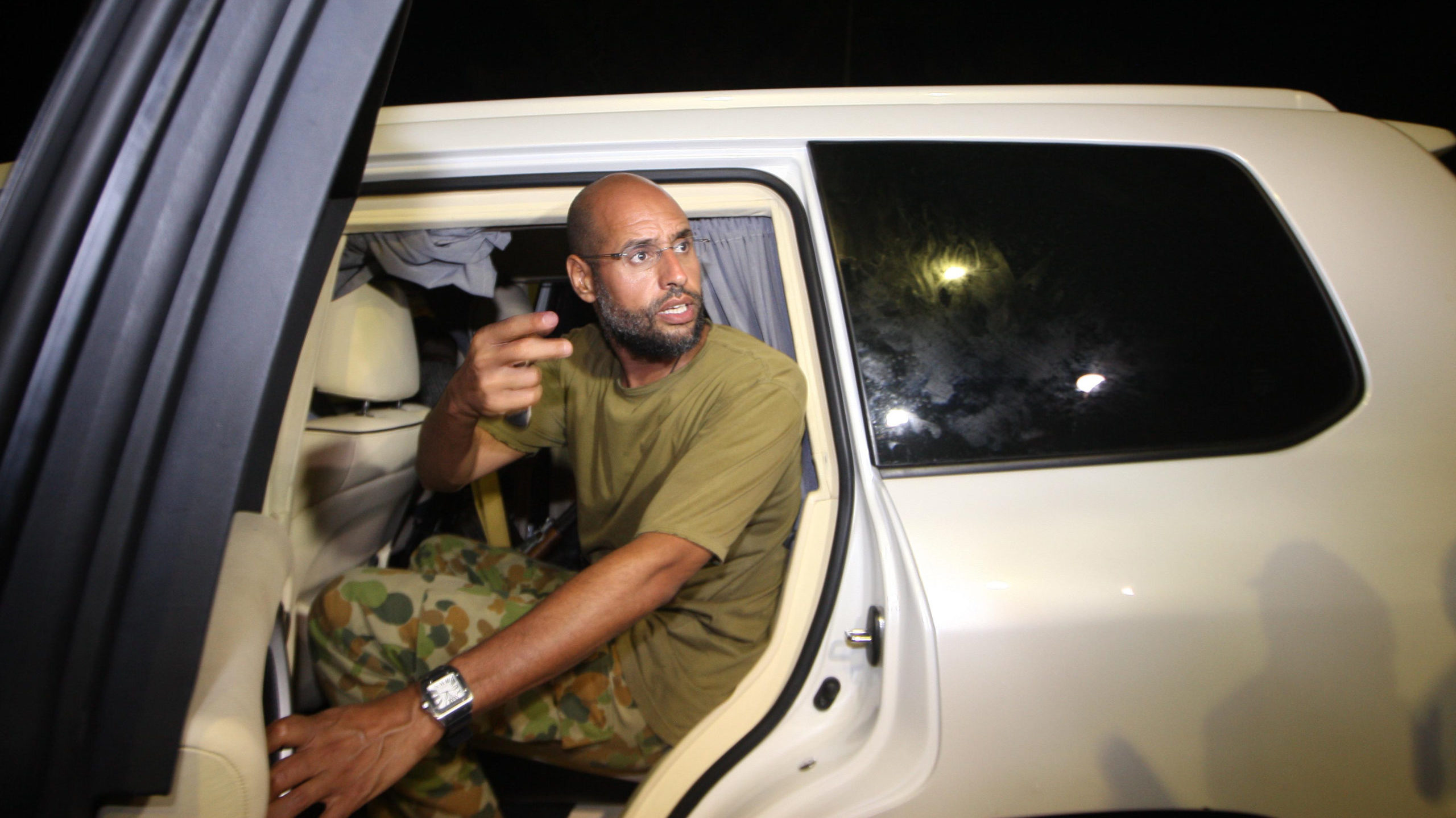Libya’s Reconstruction Is an Opportunity for Historic Change in the Middle East
Ma’ariv, Israel, November 18
About a decade ago, a widespread uprising broke out in Libya as part of the Arab Spring. Libya’s unshakeable leader, Moammar Gadhafi, who ruled his country for nearly 40 years, was brutally murdered by the masses. Libya has since disintegrated into various tribes, with disorder and insecurity taking over the country. Meanwhile, there has been a recent Western effort to rehabilitate Libya and presidential elections are scheduled in the country for December 24. Two candidates are vying for the position. The common denominator for both is that they have failed to come to power in the past. Gadhafi’s son, Saif al-Islam, is an official candidate. During his father’s time he was trained to replace Gadhafi, the almighty father. Gadhafi wanted to create a family lineage. The bloody events and the assassination of Gadhafi Sr. disrupted the plans. Saif al-Islam has been absent from political life in Libya for almost a decade because of hatred there for his father. He is now returning to the arena as a presidential candidate. At the time I am writing these lines, his chances of winning the election are not great. The return of the Libyan tyrant who many suffered under hasn’t been met with much enthusiasm, but it also hasn’t seen overwhelming opposition. The second presidential candidate, General Khalifa Haftar, a veteran military man, enjoys the de facto support of Egypt and the Emirates. At this point he is the leading candidate. Haftar was sent by Gadhafi with a Libyan brigade to fight against Israel in the Yom Kippur War, and even cross the Suez Canal with the Egyptians. Following the peace agreement between Israel and Egypt, Haftar reset his positions. For him, Israel is no longer the bitter enemy to be fought. Egypt played a key role in setting this new equation. Two countries have taken advantage of the chaos in Libya: Russia, which has sent mercenaries to support an elected government that many do not recognize; and Turkey, which sent troops and also demarcated the naval border in its favor with the Libyan government. The West is demanding the elimination of all foreign forces to allow for free and fair elections. Russia is keeping silent, while Turkey already refused to withdraw its forces. In this atmosphere, everyone is looking ahead to the upcoming elections. There is great doubt whether they will take place on time. Libya is an important strategic asset for the West, its neighbors and also for unwanted distant guests. If the election is held and there is a winner, the apparent difficulty is that there will be those who will refuse to accept the outcomes and resort to using force to prevent their realization. In this context, the risk of postponing the election at the last minute to next year, or canceling the election altogether, looms large. However, the Western determination, especially of France and the United States, to reunite Libya and put it on the path toward reconstruction could lead the West to force a candidate to be elected. Libya’s location is so important that Western military involvement should not be ruled out in order to unite the country. If General Haftar is elected, it should be whispered in his ear that the Arab world in general, and the Maghreb region in particular, has witnessed dramatic changes in its relations with Israel. Some of Libya’s neighbors, such as Morocco and Sudan, are already deep into their normalization processes with Israel. Haftar would be wise to consider joining the Abraham Accords, which will mark a new era for Libya and the region as a whole. – Yitzhak Levanon (translated by Asaf Zilberfarb)


